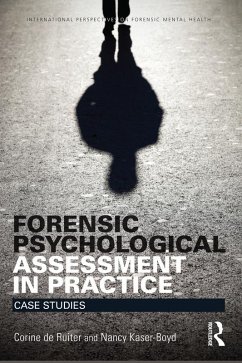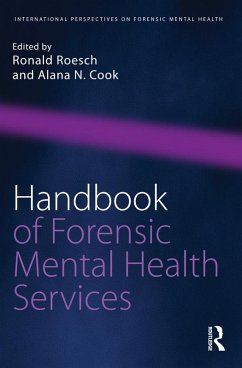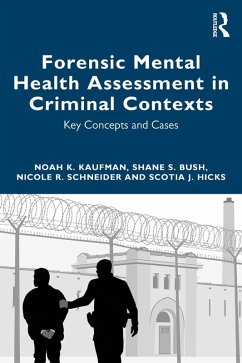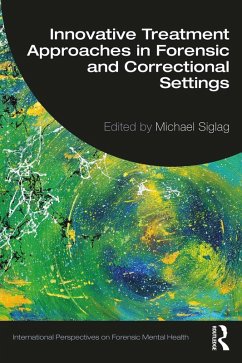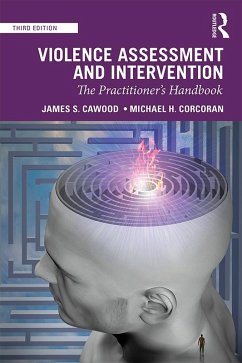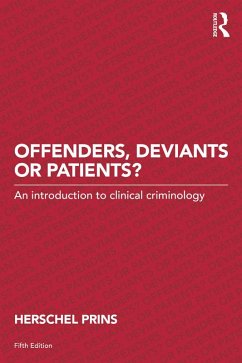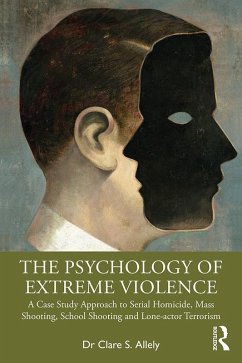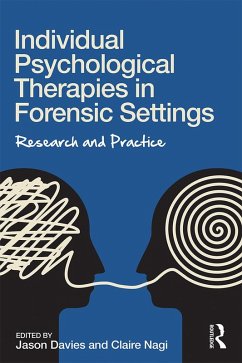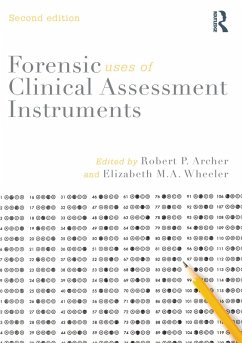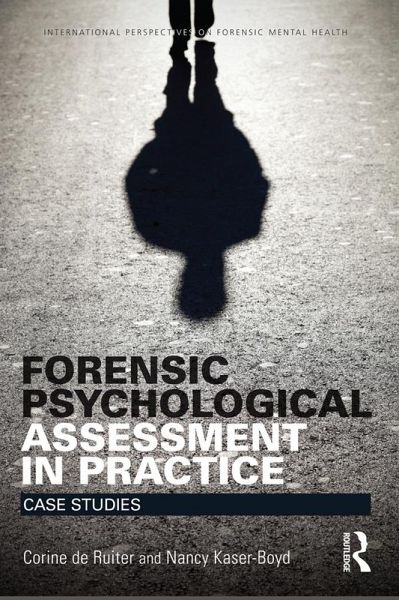
Forensic Psychological Assessment in Practice (eBook, ePUB)
Case Studies
Versandkostenfrei!
Sofort per Download lieferbar
54,95 €
inkl. MwSt.
Weitere Ausgaben:

PAYBACK Punkte
27 °P sammeln!
Forensic Psychological Assessment in Practice: Case Studies presents a set of forensic criminal cases as examples of a scientist-practitioner model for forensic psychological assessment. The cases involve a number of forensic issues, such as criminal responsibility, violence risk assessment, treatment planning, and referral to long term forensic care. Likewise, different types of offenses are covered, for example, sexual offending, arson, homicide, robbery and domestic violence. The authors address a variety of mental disorders including psychosis, posttraumatic stress disorder, psychopathy an...
Forensic Psychological Assessment in Practice: Case Studies presents a set of forensic criminal cases as examples of a scientist-practitioner model for forensic psychological assessment. The cases involve a number of forensic issues, such as criminal responsibility, violence risk assessment, treatment planning, and referral to long term forensic care. Likewise, different types of offenses are covered, for example, sexual offending, arson, homicide, robbery and domestic violence. The authors address a variety of mental disorders including psychosis, posttraumatic stress disorder, psychopathy and other personality disorders. The book will be useful for novice and experienced forensic psychologists and psychiatrists who are looking for case studies that integrate the most recent empirical evidence with psychological test findings.
Dieser Download kann aus rechtlichen Gründen nur mit Rechnungsadresse in A, B, BG, CY, CZ, D, DK, EW, E, FIN, F, GR, HR, H, IRL, I, LT, L, LR, M, NL, PL, P, R, S, SLO, SK ausgeliefert werden.




